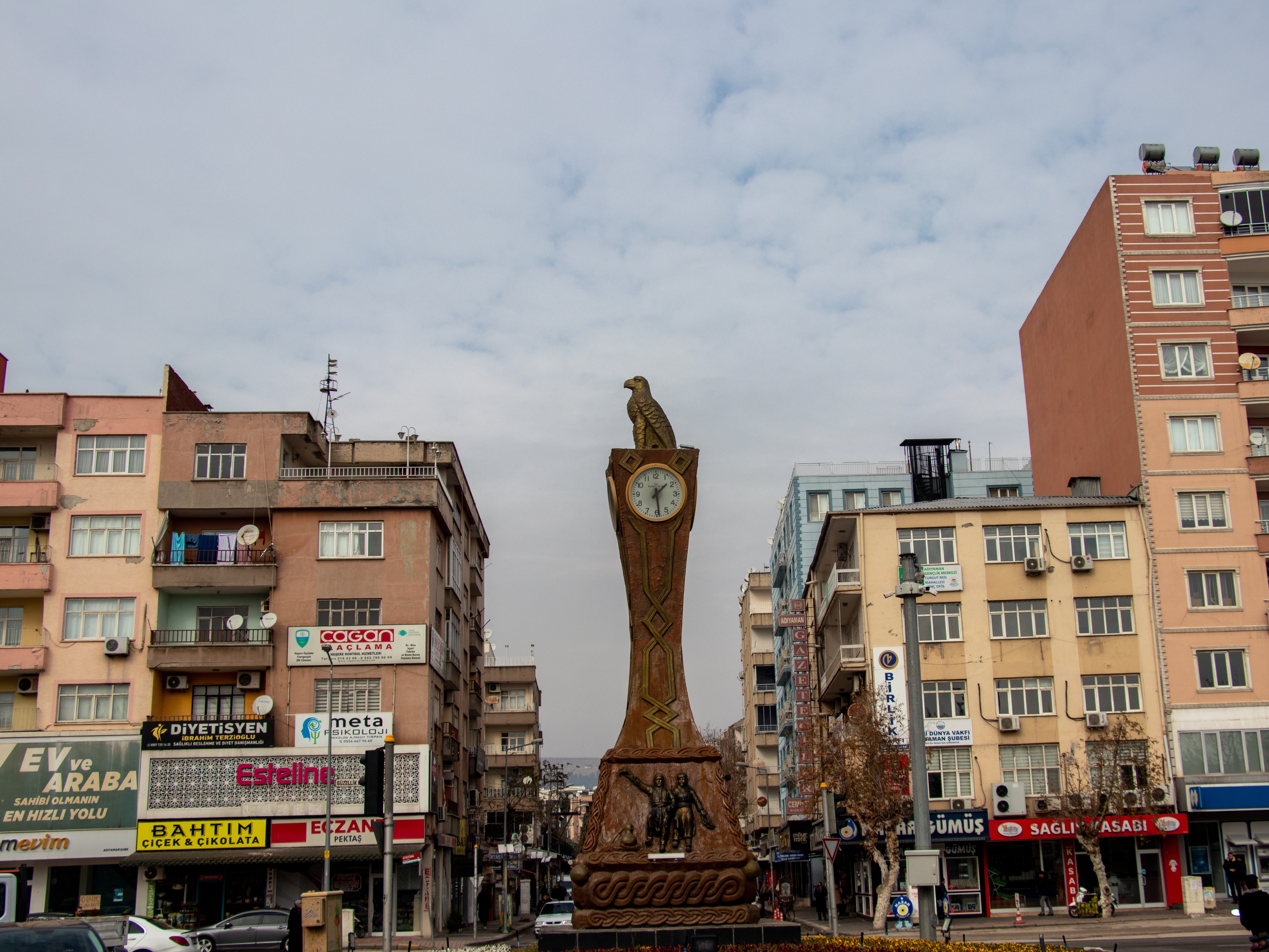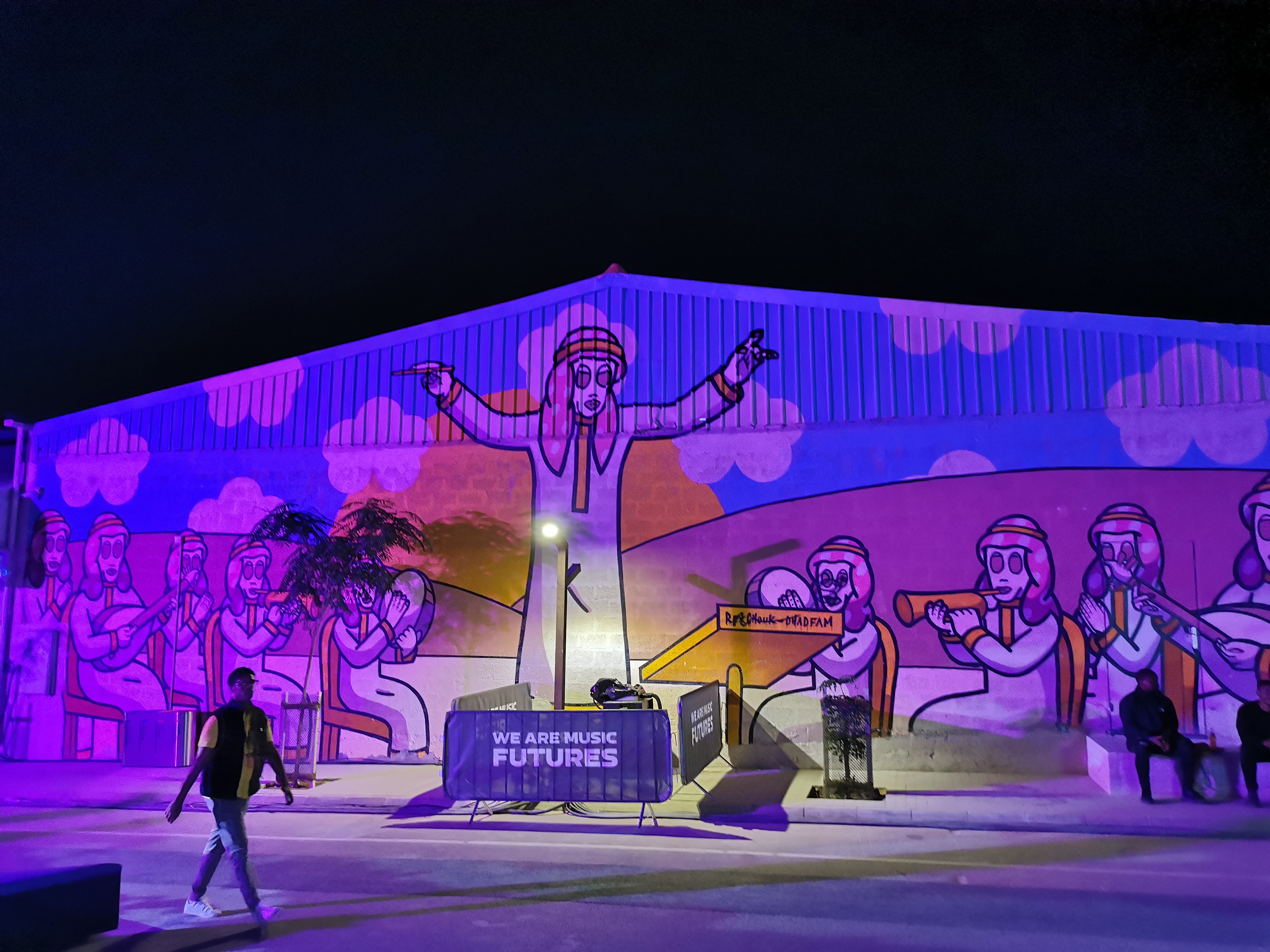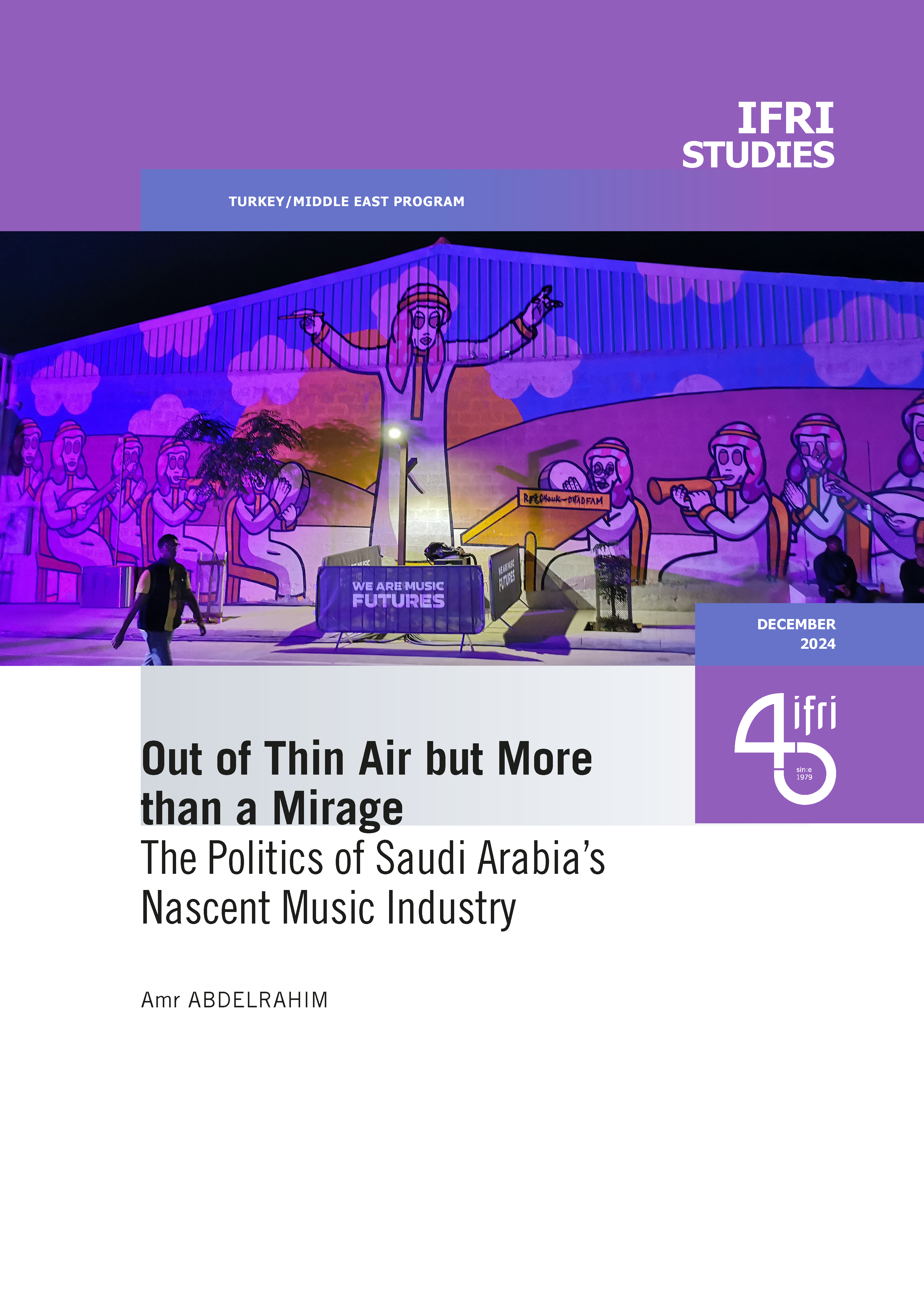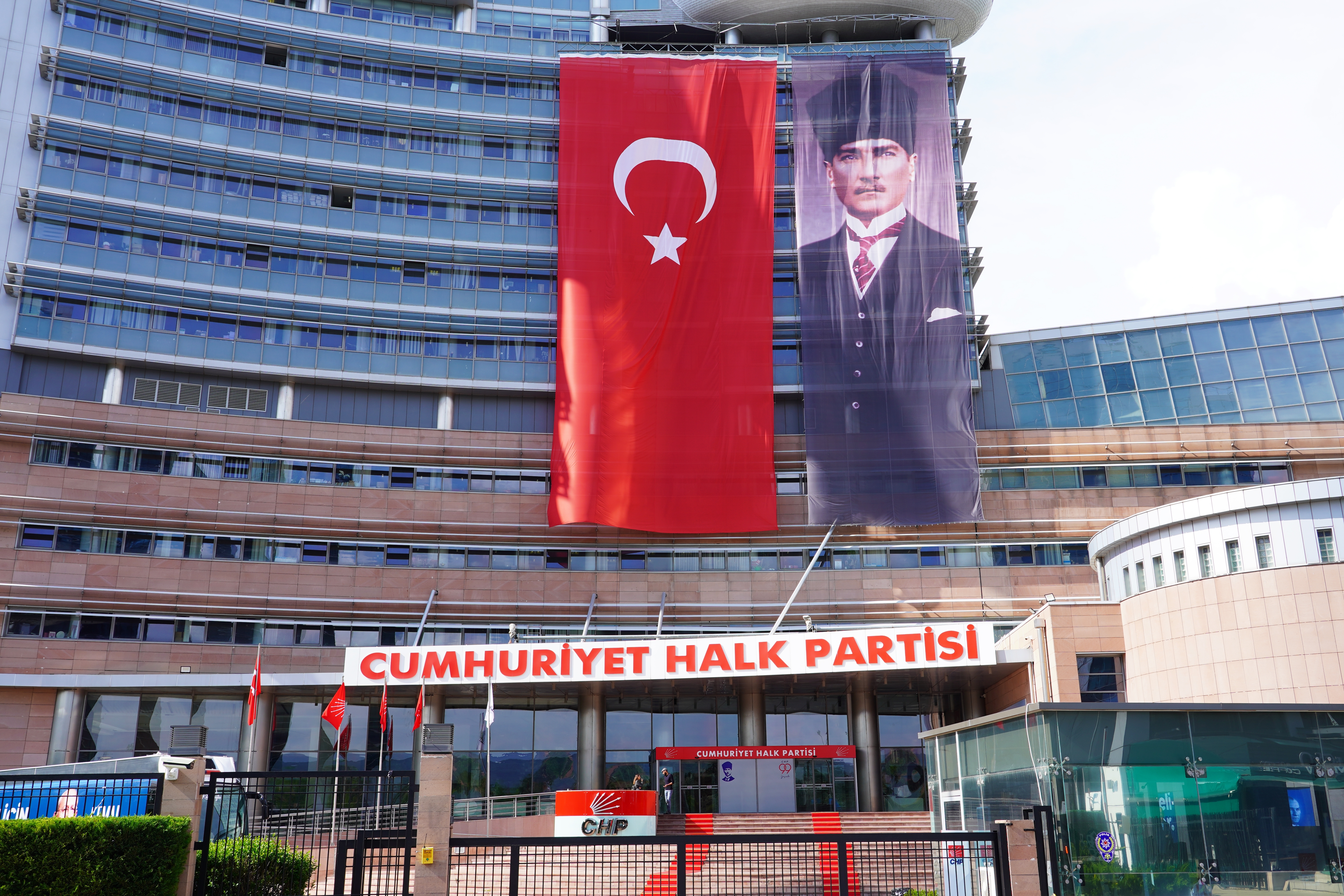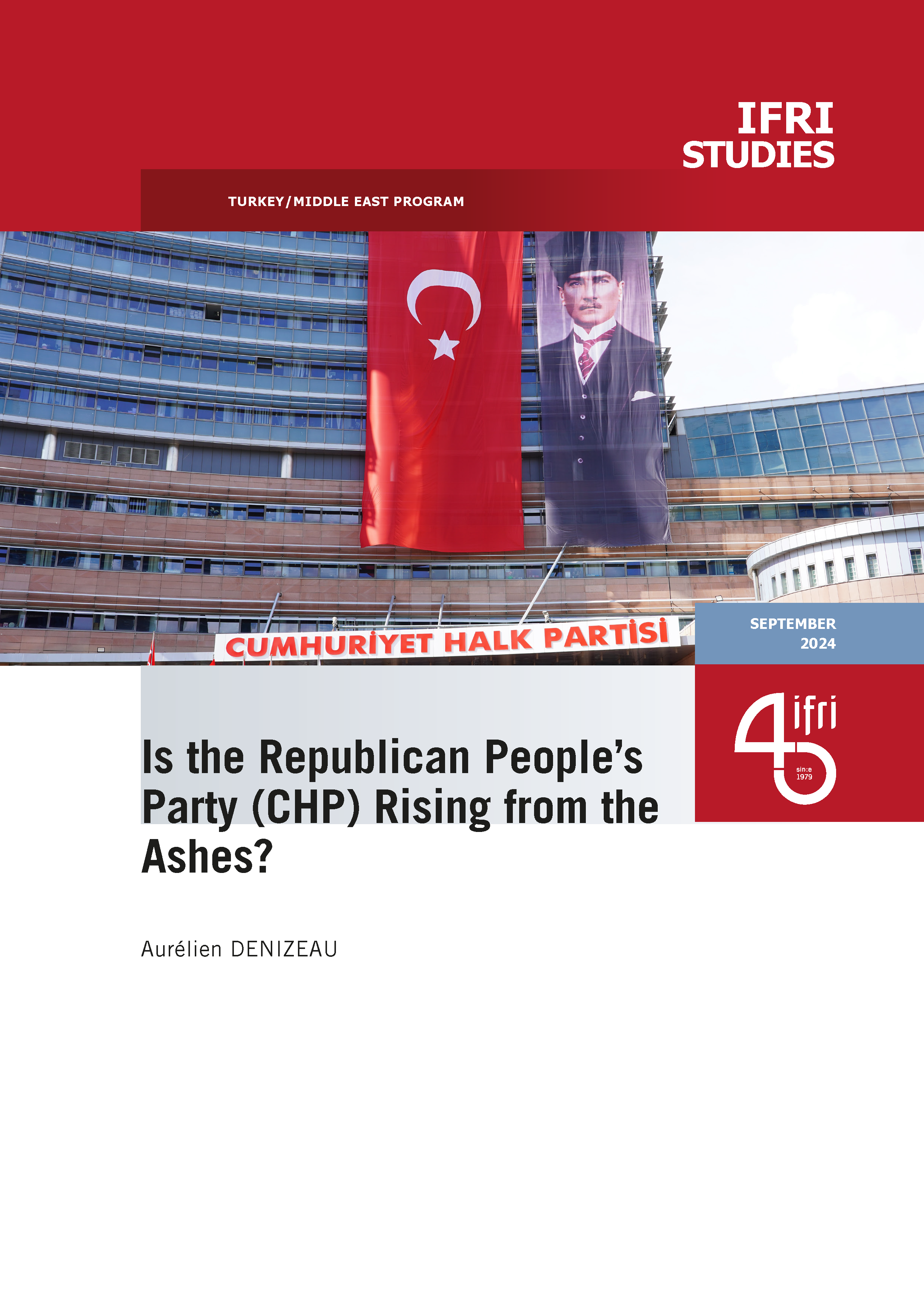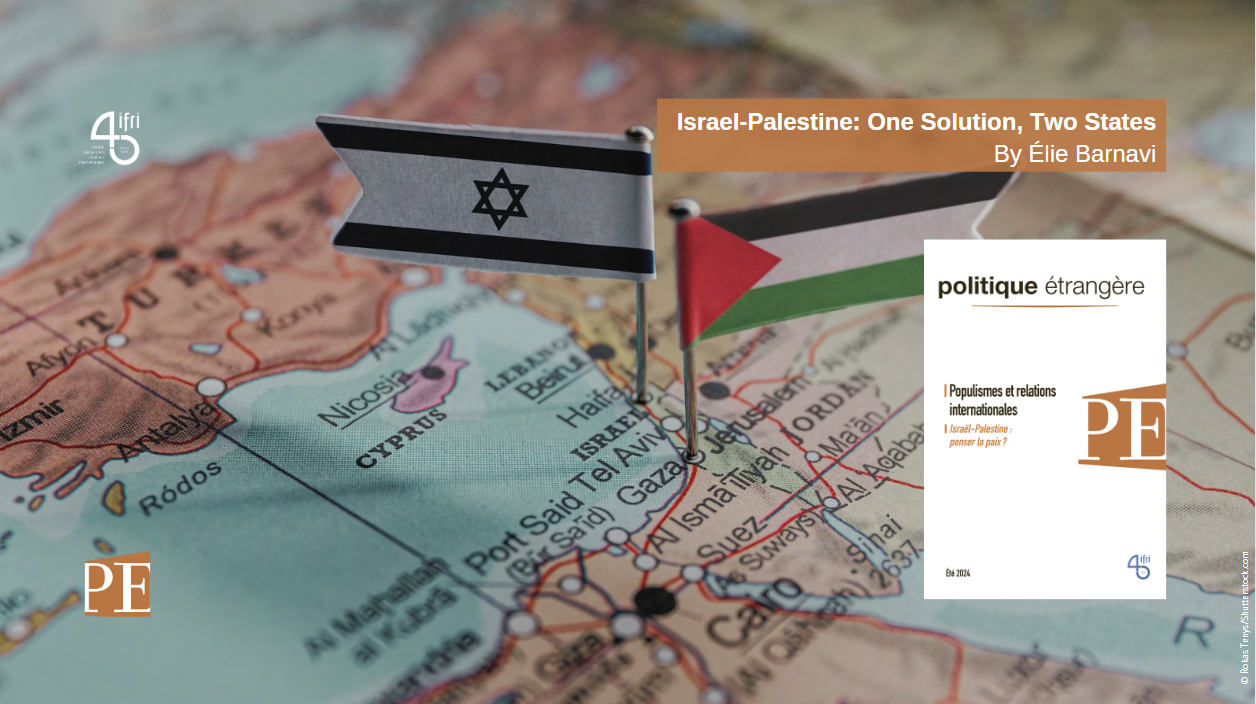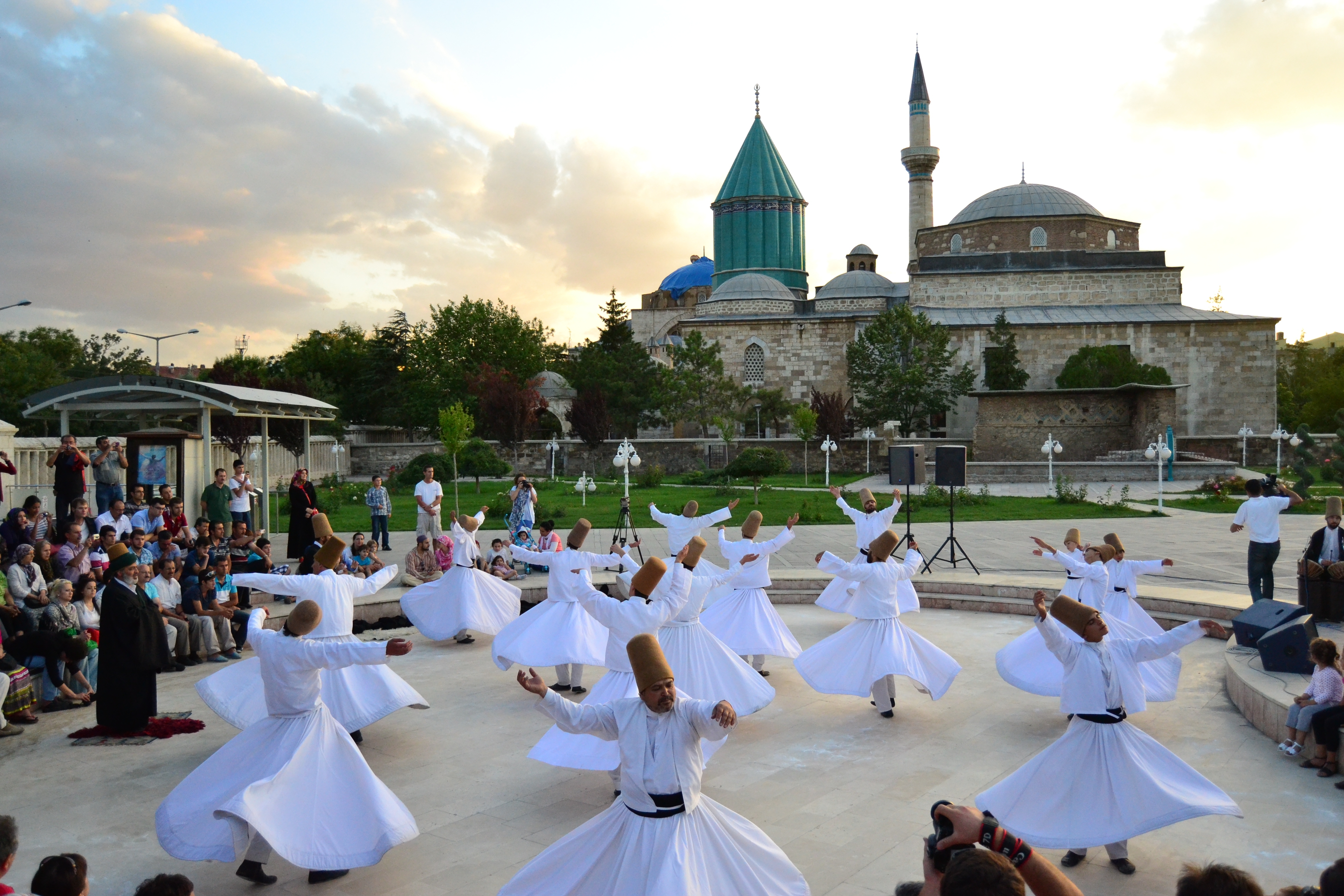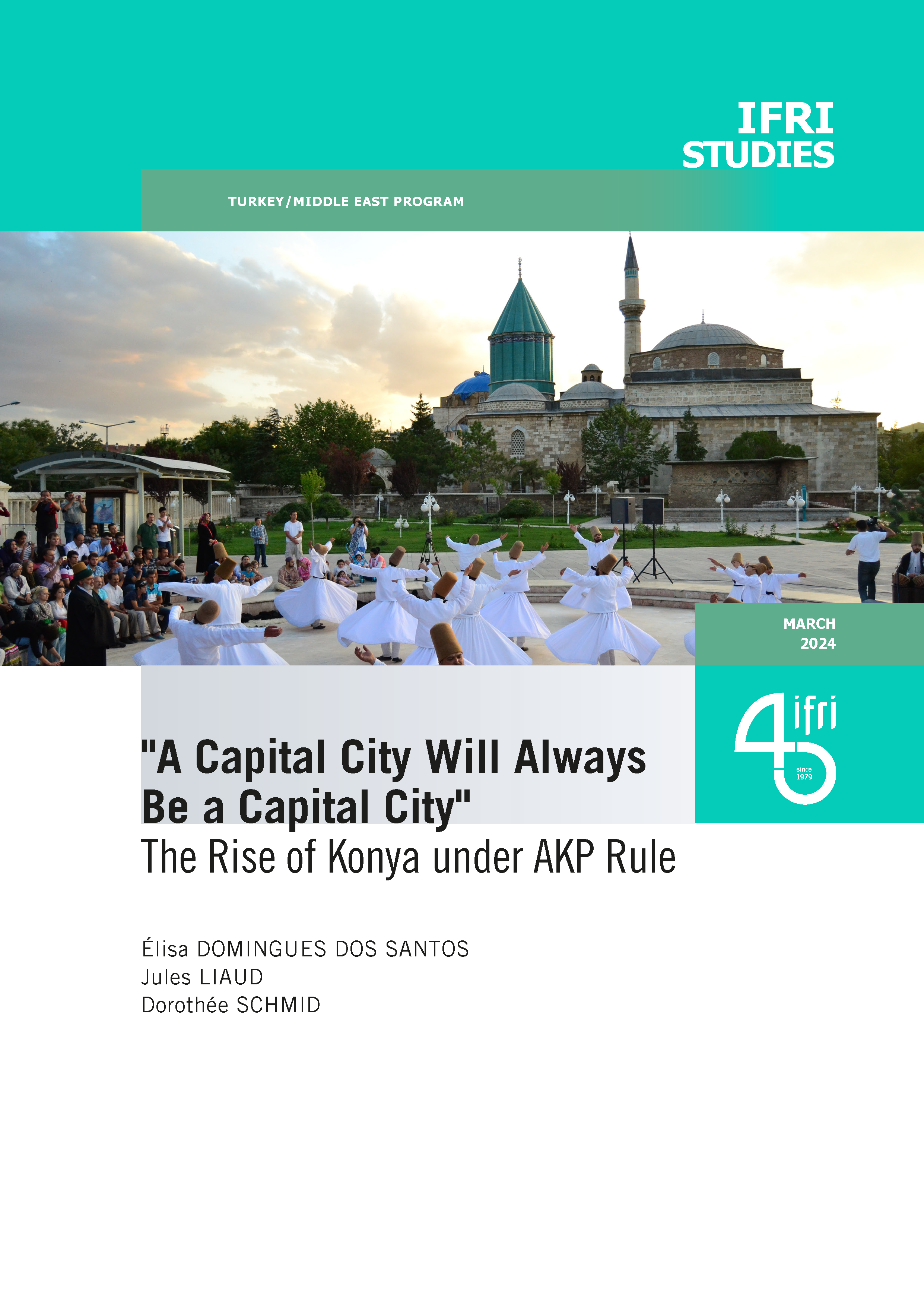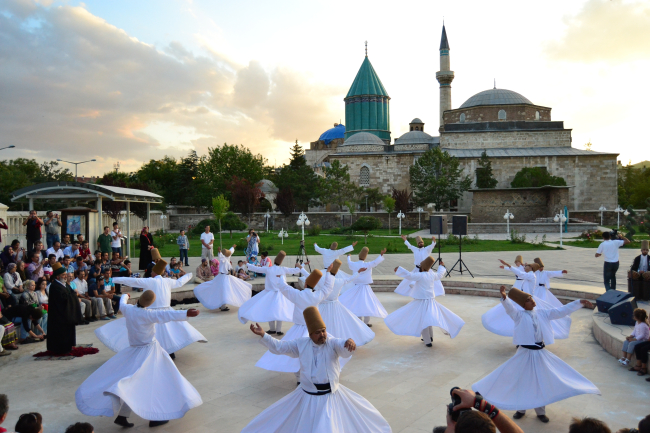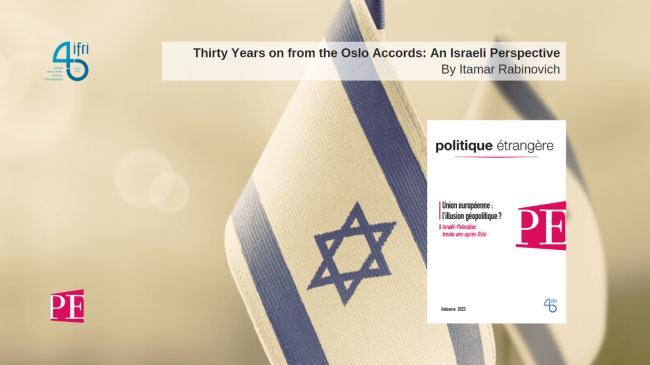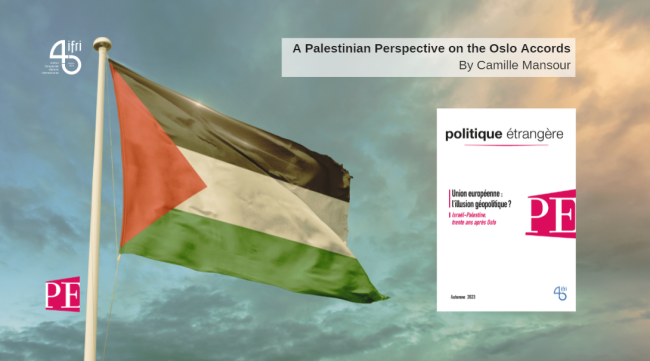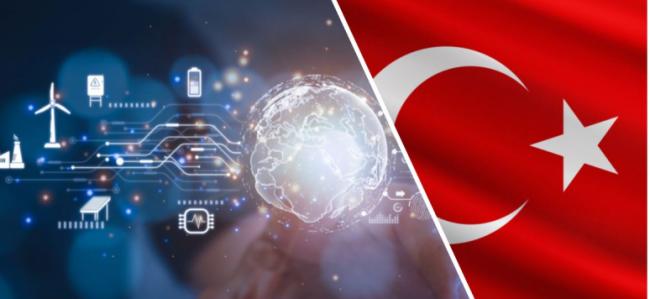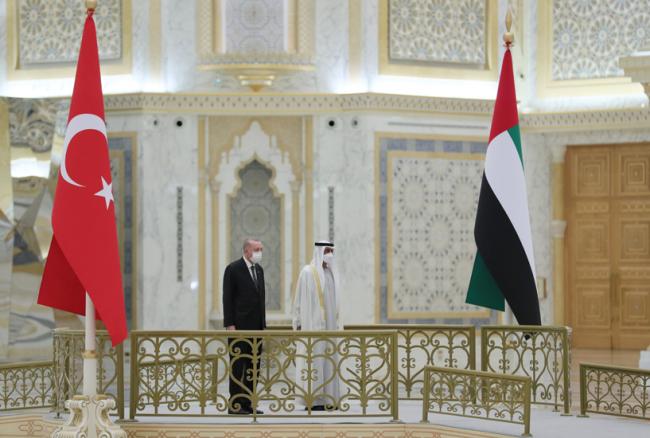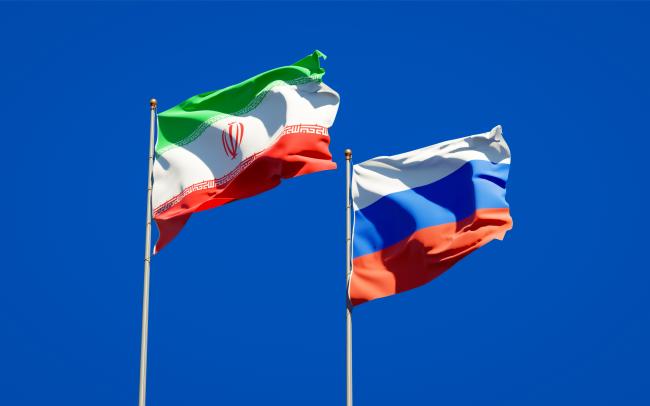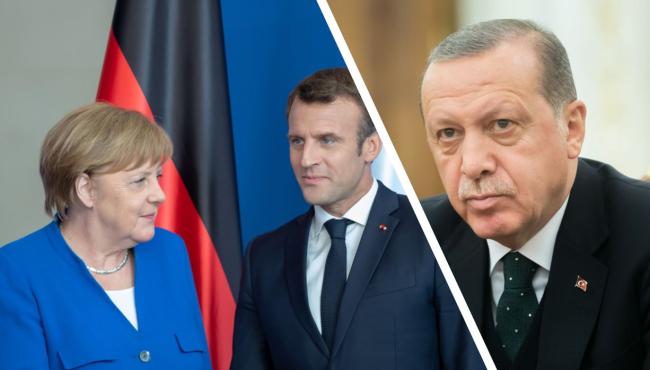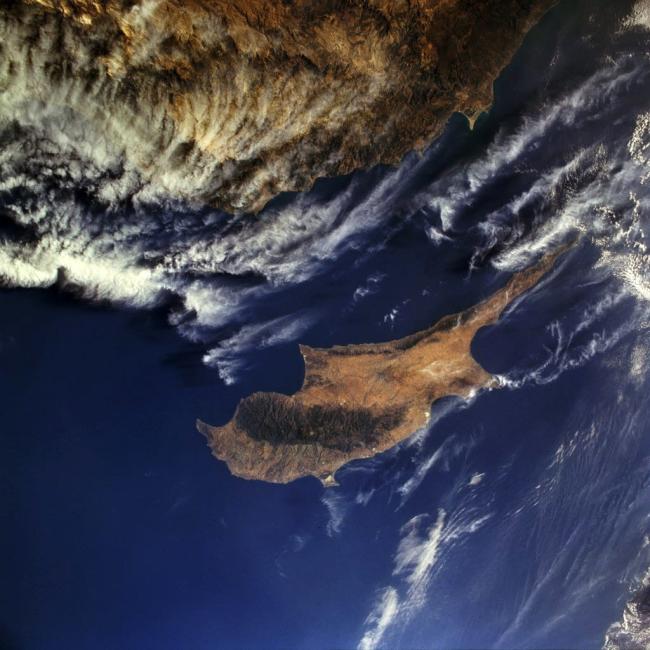Turkey/Middle East Program
Ifri's Turkey/Middle East Program aims to provide expertise on the trends and developments in politics, societies and economies across the region.
The programme has the following objectives:
- Proposing a new approach towards the MENA region through an analysis of local, regional, and international dynamics with the potential to guide and influence new policies.
- Highlighting the role of foreign powers which have traditionally been present in the region and analyzing the new role taken on by emerging countries ;
- Anticipating new directions and outlooks in each country.
- Interpreting risks and potentials and putting forward new templates for analysis.
The programme has built a dense network of researchers and experts who provide expertise on the MENA region and working together on a range of crosscutting themes.
Read more

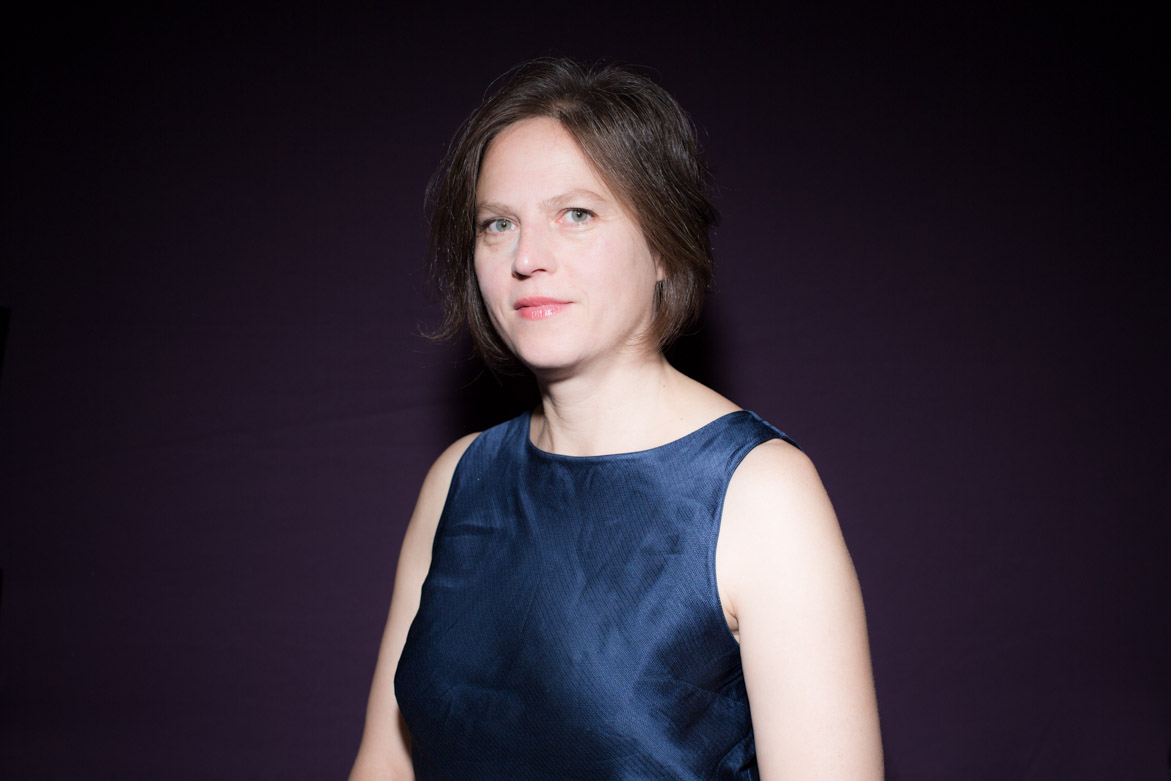
Head of the Turkey/Middle East Program, Ifri
Publications
See all our interventions
Flagship Publications
Titre Bloc Axe
Research Areas
See all our interventions
Titre Axe de recherche
Türkiye Observatory
Türkiye Observatory's main objective is to sustain a regular flux of information provided by esteemed experts. This allows us to account for the rapid transformations that affect today's Turkish society, economy and political world.
This information can be accessed on Ifri's website where we regularly post "notes d'analyses"- short papers (5-6 pages long) tackling topical issues. These notes are produced by Turkish researchers and analysts, and by experts on Türkiye and its immediate regional environment. Every note is commented on by another expert in the form of a short interview, in order to provide a counter-perspective to the points made in the note. This allows the expression of different, competing points of view and thus launches a debate on the important issues Türkiye is facing.
Although it priviledges a policy oriented and contemporary analysis, the Observatory whithin the Contemporary Türkiye Program also tackles the historical and sociological dimension of things, in order to better understand present developments in Türkiye. The program will tackle both substantive and conjunctural issues.
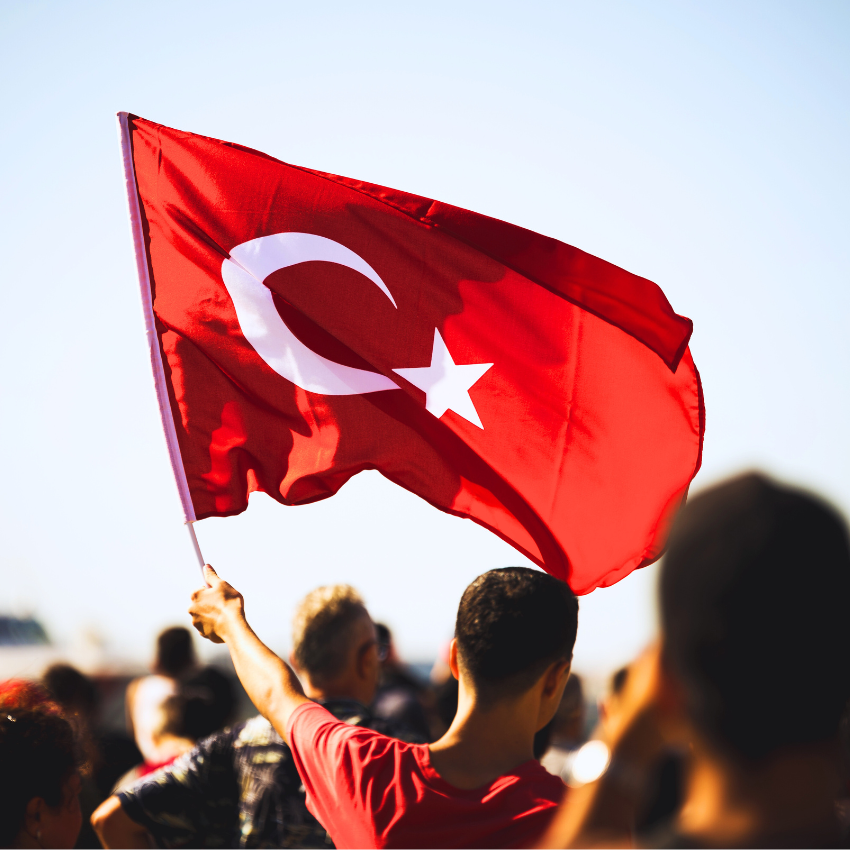
Titre Axe de recherche
French-Turkish Dialogue
Türkiye's relationship with the European Union today is a major factor that determines how it conducts reforms, but it is important to look at the cost of this adjustment. The process of recovering the acquis communautaire is long and constantly faces problems posed by political projects (such as the stability of institutions, religious minorities, Cyprus, etc.).
The evolution of Euro-Turkish relations uncovers some of Türkiye's internal fragilities. The Franco-Turkish relation partially illustrates these difficulties, but it also experiences the tensions associated with mutations the society, political systems and economic structure of the two countries endured.
In any case, it is important to evaluate the state of the political, economic and cultural relations between France and Türkiye and to understand the reasons for their evolution. Down the road, it is important to tie new partnerships in order to secure the development of a realistic and harmonious interaction between the two countries.
Today, Ifri is positioned at the centre of a renewed Franco-Turkish dialogue, aiming to overcome generalisations, erroneous perceptions and circumstantial disagreements. Ifri aims to offer civil society actors, the business community, the non profit sector and the media occasions to communicate in a safe space.
The Contemporary Türkiye Program thus aims to encourage the Franco-Turkish dialogue on three complementary planes: debating ideas, a business dialogue and a media dialogue.
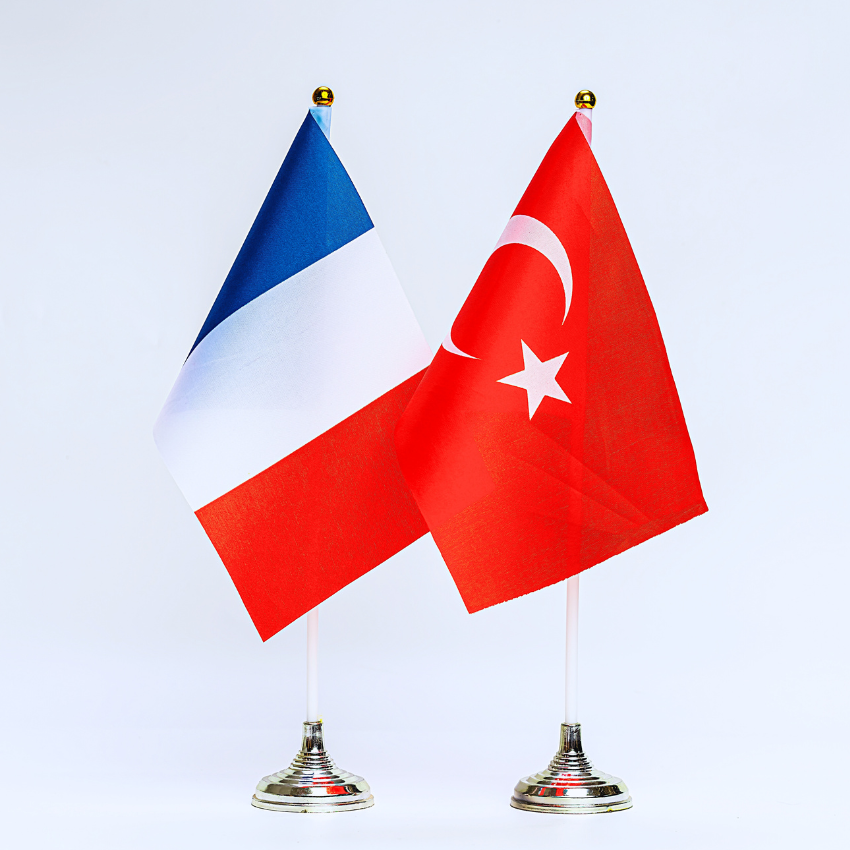
Titre Axe de recherche
Middle East/North Africa
From Morocco to Saudi Arabia, internal destabilizations, the redistribution of states, and the assertion of new regional powers are at work in a region that remains central to all the world's powers.
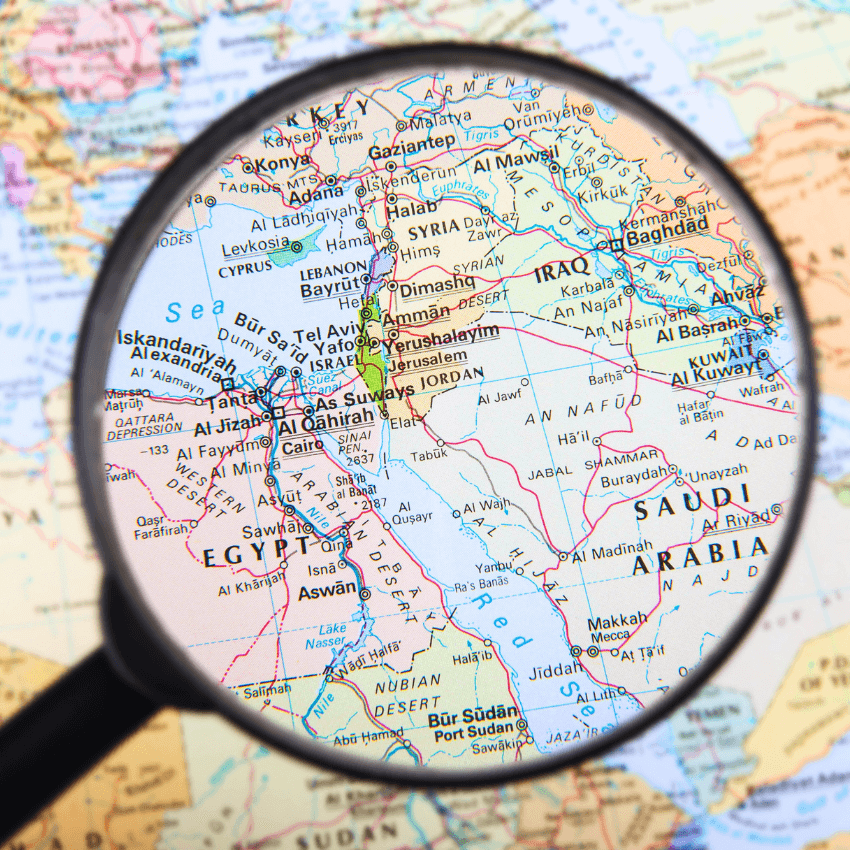
Publications
"A Capital City Will Always Be a Capital City”: Konya’s Rise Under the AKP’s Rule
While the May 2023 parliamentary and presidential elections looked as a difficult test for the flagging Islamo-conservative Justice and Development Party (AKP), they eventually held on to power, demonstrating their remarkable foothold in the Turkish context. The party notably recorded one of its highest scores in Konya, confirming the massive and uninterrupted support of this two-million inhabitants central Anatolian city for Turkish political Islam.
Thirty Years on from the Oslo Accords: An Israeli Perspective
The Oslo agreements signed in 1993 raised high hopes for peace in the Middle East. But appraising the state of affairs, thirty years on, the picture is bleak.
A Palestinian Perspective on the Oslo Accords
The Oslo Agreement of 1993 was a declaration of principles that later needed to be clarified through further negotiations.
Balancing Security and Innovation: Opposition's View on Turkey's Digital Policies
The upcoming presidential and parliamentary elections in Turkey on May 14, 2023, are expected to be closely contested. Polls suggest that the ruling AK Party-led People’s Alliance will lose its majority in parliament, resulting in a hung lower house.
Lebanese Banking Crisis: The Systemic Workings of a Wreck
After a Divorce, a Frosty Entente: Turkey's Rapprochement with the United Arab Emirates and Saudi Arabia
After the Arab uprisings, Turkey’s relations with Saudi Arabia and the United Arab Emirates (UAE) broke down along sharp ideological lines. While Riyadh and Abu Dhabi sought to preserve the regional status quo by adopting a counter-revolutionary approach, Turkey emerged as an anti status quo, pro-revolutionary power supporting political islam.
The Russian-Iran Partnership in a Multipolar World
The strengthening of the partnership between Russia and Iran depends on overlapping security interests; bilaterally, regionally and on the world stage.
The United Arab Emirates in Africa: The Partly Thwarted Ambitions of a New Regional Player
The United Arab Emirates (UAE) has long-standing ties with African countries, but the implementation of a genuine Africa policy dates back only about 15 years.
Conflicts in the EastMed: From Germany’s and France’s Conflicting Strategies to a Dual Approach
Back to “the Tradition”: Turkey’s Changing Position from a Federal to a Two-State Solution to the Cyprus Conflict
When it came to power in 2002, the Justice and Development Party (AKP) defended a bicommunal, federal solution for Cyprus, and supported the Annan Plan to reunite the island.
The Team

Our research fellows: Turkey/Middle East Program
Related research programs
Support independent French research
Ifri, a foundation recognized as being of public utility, relies largely on private donors – companies and individuals – to guarantee its sustainability and intellectual independence. Through their funding, donors help maintain the Institute's position among the world's leading think tanks. By benefiting from an internationally recognized network and expertise, donors refine their understanding of geopolitical risk and its consequences on global politics and the economy. In 2024, Ifri will support more than 70 French and foreign companies and organizations.









